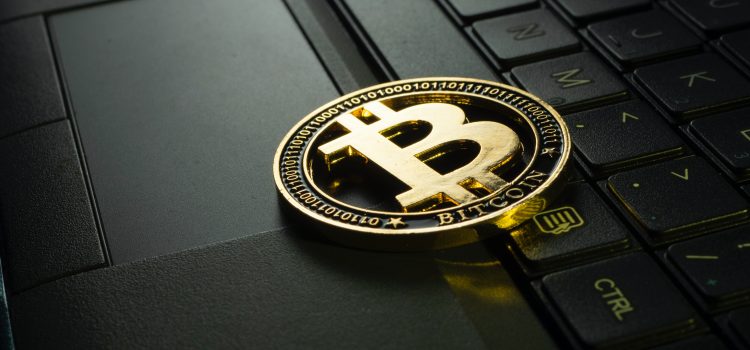
The story of hedge fund Galois making headlines this week is one that has left many in the cryptocurrency industry scratching their heads. On Wednesday, reports emerged that a staggering $250 million worth of digital assets owned by the firm were trapped on a crypto exchange due to an unclear legal dispute between it and its service provider. What followed was a series of tweets from Galois’ CEO trying to shed light on the situation and how they were dealing with it. In this blog post, we take a look at what happened, why it happened and how exactly Galois has been trying to recoup its funds.
What is a hedge fund?
A hedge fund is an investment vehicle that is typically used by institutional investors and high-net-worth individuals. Hedge funds are not subject to the same regulations as other types of investments, which gives them more flexibility in how they are managed.
Hedge funds are often managed using aggressive strategies that seek to maximize returns. This can be done through a variety of means, such as investing in volatile or risky assets, short selling, and using leverage.
The term “hedge fund” is derived from the fact that these vehicles were originally created to hedge against market risks. However, over time, hedge funds have become increasingly aggressive in their pursuit of returns, which has led to them being associated with higher risk.
What is crypto exchange?
A crypto exchange is a digital platform that allows users to buy and sell cryptocurrencies. Cryptocurrencies are digital or virtual assets that use cryptography to secure their transactions and to control the creation of new units. Cryptocurrencies are decentralized, meaning they are not subject to government or financial institution control.
Crypto exchanges are online platforms that enable users to buy and sell cryptocurrencies using fiat currencies or other digital assets. These exchanges typically charge a fee for each transaction. Some popular crypto exchanges include Coinbase, Binance, and Kraken.
Crypto exchanges differ from traditional stock exchanges in a few key ways. First, they are decentralized, meaning they are not subject to government or financial institution control. Second, they operate 24/7, allowing users to trade cryptocurrencies at any time of day or night. Finally, crypto exchanges often have lower fees than traditional stock exchanges.
How did Galois’ assets become trapped?
In January 2018, Galois Capital, a hedge fund based in New York, invested $3 million in Bitcoin on the Coinbase exchange.
However, due to a technical glitch, the funds were never transferred to Galois’ account and remained stuck on the exchange.
Coinbase has since been unresponsive to Galois’ requests for help, leaving the hedge fund unable to access its own money.
This story highlights the risks associated with investing in cryptocurrencies. While digital currencies are often touted as being more secure than traditional investments, this incident shows that there can still be significant risks involved.
Who is to blame?
When it comes to who is to blame for the woes of hedge fund Galois Capital, there are plenty of finger-pointing and recriminations to go around. The fund’s assets are currently trapped on the cryptocurrency exchange Binance, after a failed attempt to trade the bitcoin-pegged token WBTC.
The fund had been trading on Binance for months without incident, but things went awry when it tried to buy WBTC with bitcoin. The transaction was apparently never completed, and Binance has since locked down the account. Galois says its accountants have been unable to get in touch with anyone at the exchange to resolve the matter.
Blaming Binance for the loss of funds may be premature, however. It’s still unclear what exactly happened, and until more information comes to light, it’s impossible to say definitively who is at fault. However, this incident serves as a reminder of the risks associated with trading on exchanges, particularly those that are relatively new and lack established customer service channels.
How can this be prevented in the future?
To prevent this from happening in the future, investors should do their due diligence on any crypto exchange they are thinking of using. Make sure to read reviews and compare different exchanges before making a decision. Also, always keep your private keys safe and secure, and never store them on an exchange. If you follow these simple steps, you can avoid becoming the victim of a crypto exchange hack like Hedge Fund Galois.
Conclusion
In the end, Hedge Fund Galois is a cautionary tale of why it’s important to keep your assets secure. While blockchain technology makes it easier and more efficient for investors to move their money around, this incident serves as a reminder that mistakes can still happen. By using a variety of security measures such as two-factor authentication and cold storage wallets, you can help protect yourself from similar incidents in the future.









